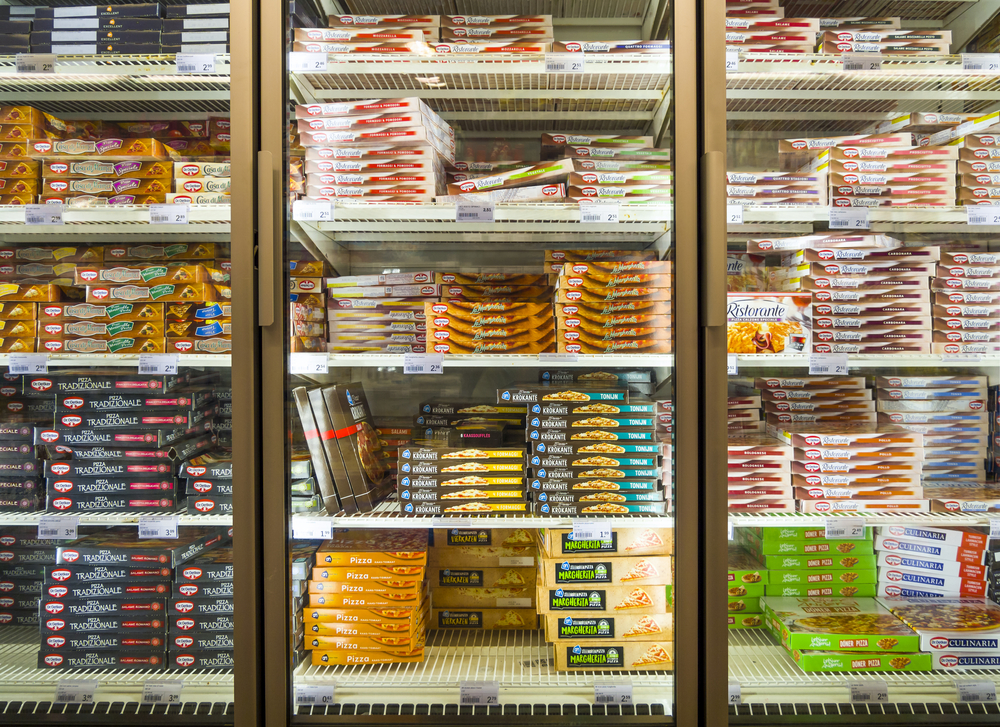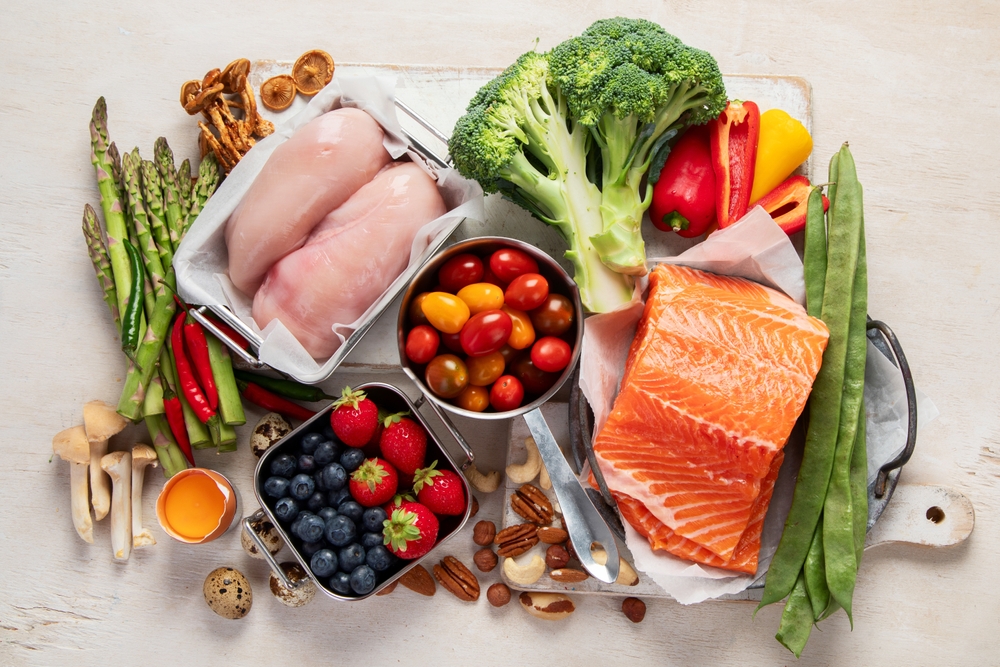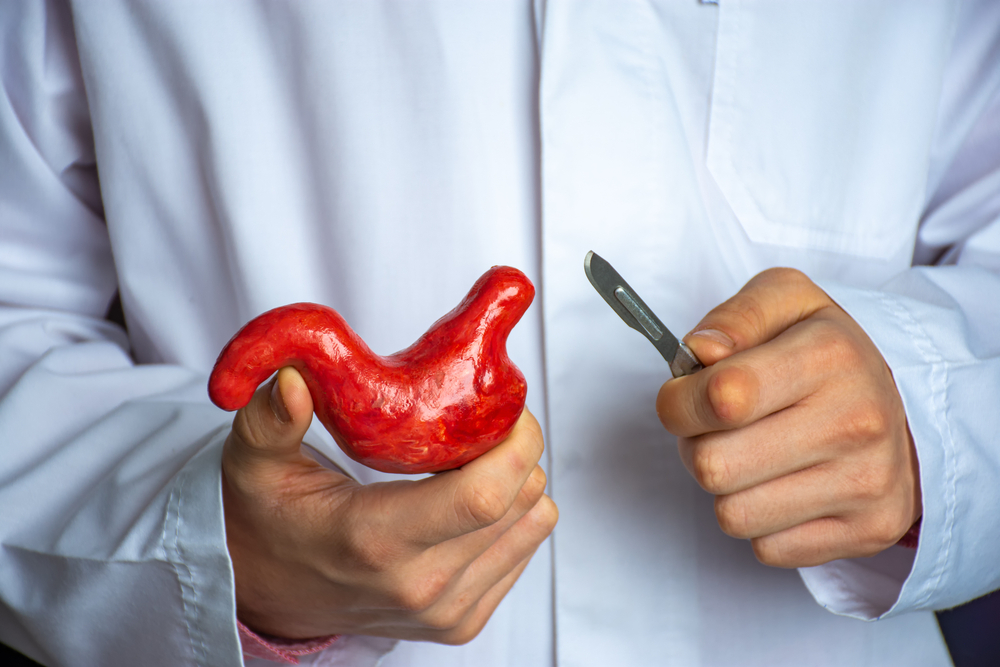In a perfect world, everything we eat is healthy, sustainable and affordable. In reality, this is not the case. Reina Vellinga, who works at the RIVM and is a PhD candidate at WUR, studies how we can align our eating habits with the ‘ideal situation’.
Approximately 60 per cent of our energy intake comes from so-called severely processed food, according to the RIVM food consumption survey over the years 2012-2016. ‘Examples of severely processed foods include cookies, chocolate bars, jam, liquors and soft drinks’, Vellinga clarifies. ‘Previous studies show that consuming such foods increases the risk of obesity, cardiovascular disease, cancer and early death. We investigated whether people who eat more processed foods do, indeed, die younger and what the environmental impacts of these foods are.’
Win-win-win
Vellinga categorised foodstuffs according to the NOVA classification from non-processed or barely processed to severely processed and went on to categorise the almost forty thousand participants in accordance with how much of each category they ingested. Furthermore, she analysed the health and environmental effects of all the foodstuffs together as well as for the foods and beverages as separate categories. To determine the environmental effects, she considered, among others, greenhouse gas emissions, water usage and land usage.
‘We saw that high consumption levels of severely processed beverages lead to a more severe environmental impact and elevated risk of an early death. Moreover, a previous study we conducted also showed that this type of beverage is more expensive than minimally processed beverages such as water or tea’, Vellinga states. ‘Hence, reducing your intake of severely processed beverages has nothing but benefits and is a win-win-win.’
A similar conclusion cannot easily be drawn for food. ‘Our research did not show a clear link between the consumption of severely processed food and an increased mortality risk.’ A striking result is that the consumption of severely processed foods has a lower environmental impact. ‘Based on this outcome, you might conclude that eating severely processed food is better for the environment, but there is more nuance in other studies’, Vellinga clarifies.
Processed versus unprocessed
Vellinga explains the lack of a link between consuming severely processed food and elevated mortality risk as follows: ‘The NOVA-classification method considers both whole grain and white bread severely processed, while their nutritional values are very different. Moreover, we used food consumption data from 1993 to 1997, when fewer people ate this type of processed food.’
The discrepancies between the groups of participants who ingested the least and the most severely processed foods were not all that great: 56 versus 128 grams per 1000 kcal daily. By way of comparison, the food consumption survey of 2012-2016 shows a consumption of over double these amounts. ‘Our eating habits and the food environment have changed considerably, in part due to industrialisation and globalisation.’
Trade-off
‘Other studies show that consuming a lot of severely processed food does not contribute to our health. Reducing the intake of processed food reduces the environmental impact because we generally eat too much. However, the environmental impact is increased if severely processed food is replaced by unprocessed food. A trade-off between health and the environment emerges – a difficult choice. Reducing your food consumption, and that of severely processed food in particular benefits both your health and the environment.’

 ‘Reducing the intake of processed food reduces the environmental impact because we generally eat too much. However, if severely processed food is replaced by unprocessed food, the environmental impact is increased.’ Photo Shutterstock
‘Reducing the intake of processed food reduces the environmental impact because we generally eat too much. However, if severely processed food is replaced by unprocessed food, the environmental impact is increased.’ Photo Shutterstock 

